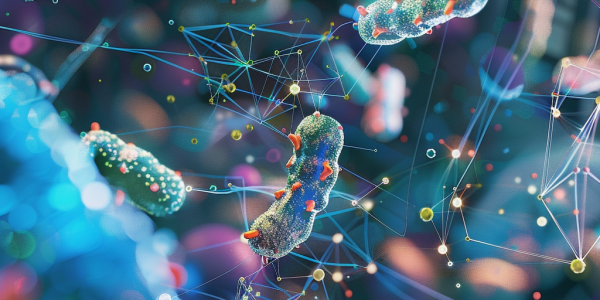Revolutionary Single-Cell Genomics Enhances Understanding of Human Microbiome
Recent research from Waseda University introduces a groundbreaking single-cell genomic approach to studying the human microbiome, revealing insights into microbial diversity and antibiotic resistance. This innovative method, developed in collaboration with bitBiome, Inc., addresses the limitations of traditional metagenomics, allowing for detailed analysis of individual bacterial genomes. Published in the journal Microbiome, the study highlights the potential of single-cell genomics to enhance our understanding of health and disease, paving the way for improved public health strategies and environmental monitoring.
Infant Gut Microbiomes Exhibit Circadian Rhythms Independent of External Cues
New research shows that infant gut microbiomes have circadian rhythms, even when cultured outside the body. The study found that age plays a more crucial role in microbiome development than diet, debunking the common belief that diet significantly impacts the composition of the infant microbiome. The study also revealed that GOS-supplemented infant formula was more effective at promoting sustained levels of Bifidobacteria compared to formula containing Bifidobacteria.
Study Reveals Intricate Relationship Between Gut Bacteria and Host-Derived Metabolites
Recent research has shed light on the fascinating relationship between gut bacteria and the metabolites derived from the diet and the host. A study published in Nature Microbiology has revealed the intricate ways in which diverse gut bacteria utilize dietary-…



